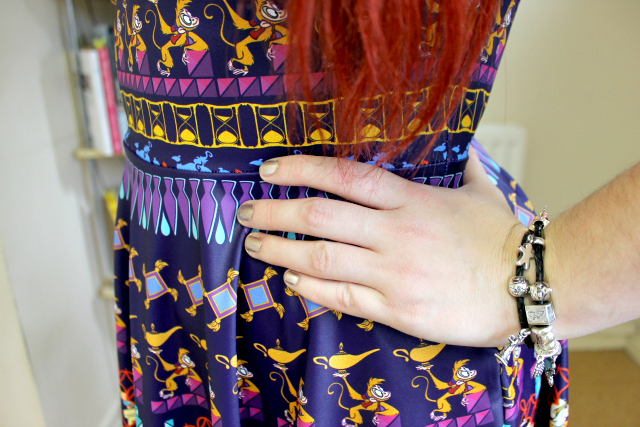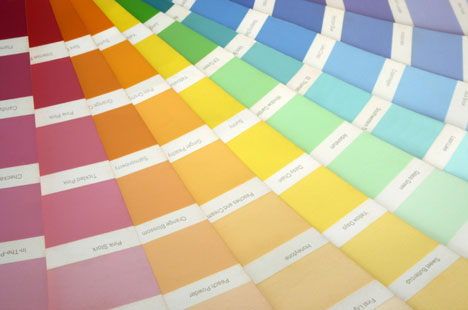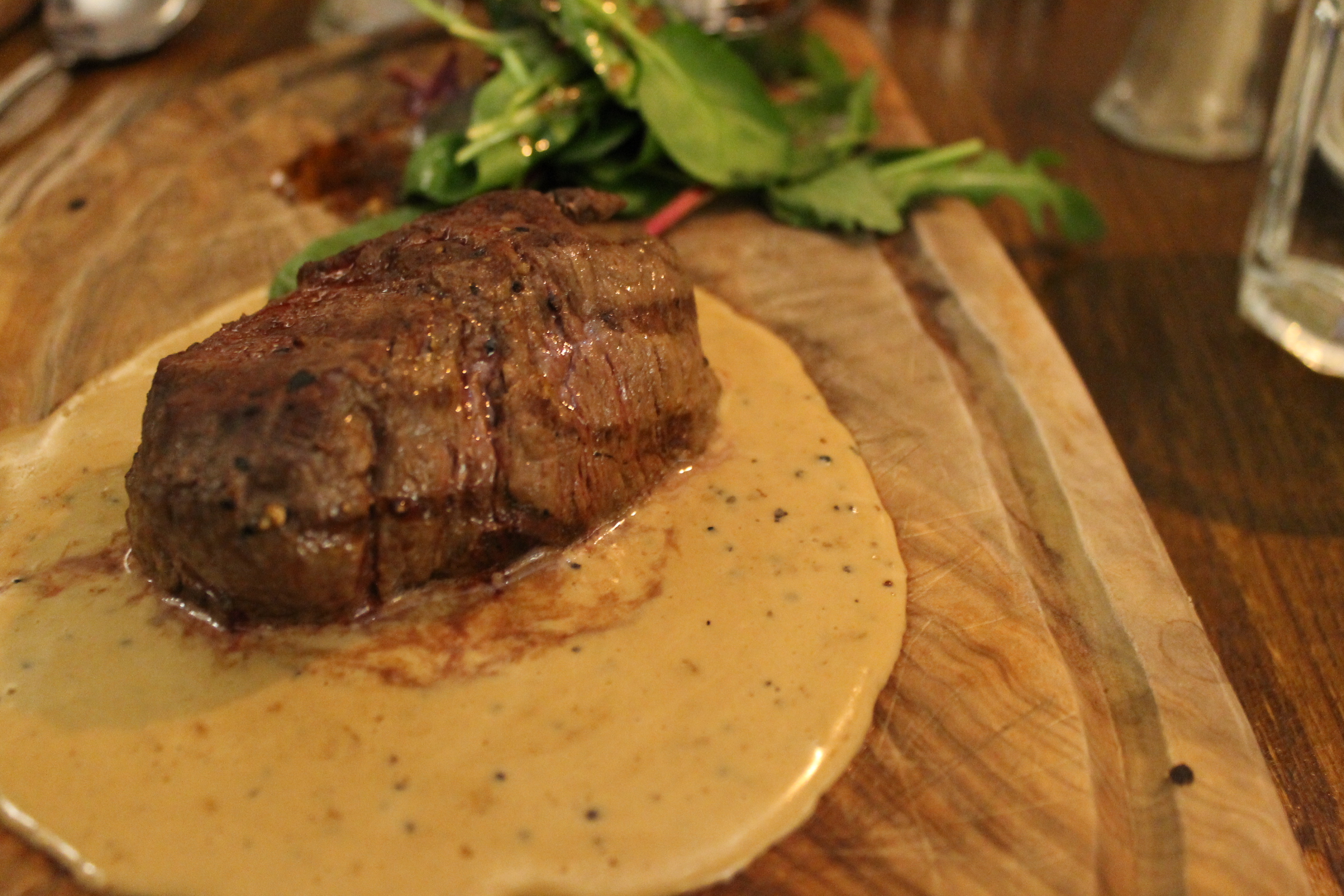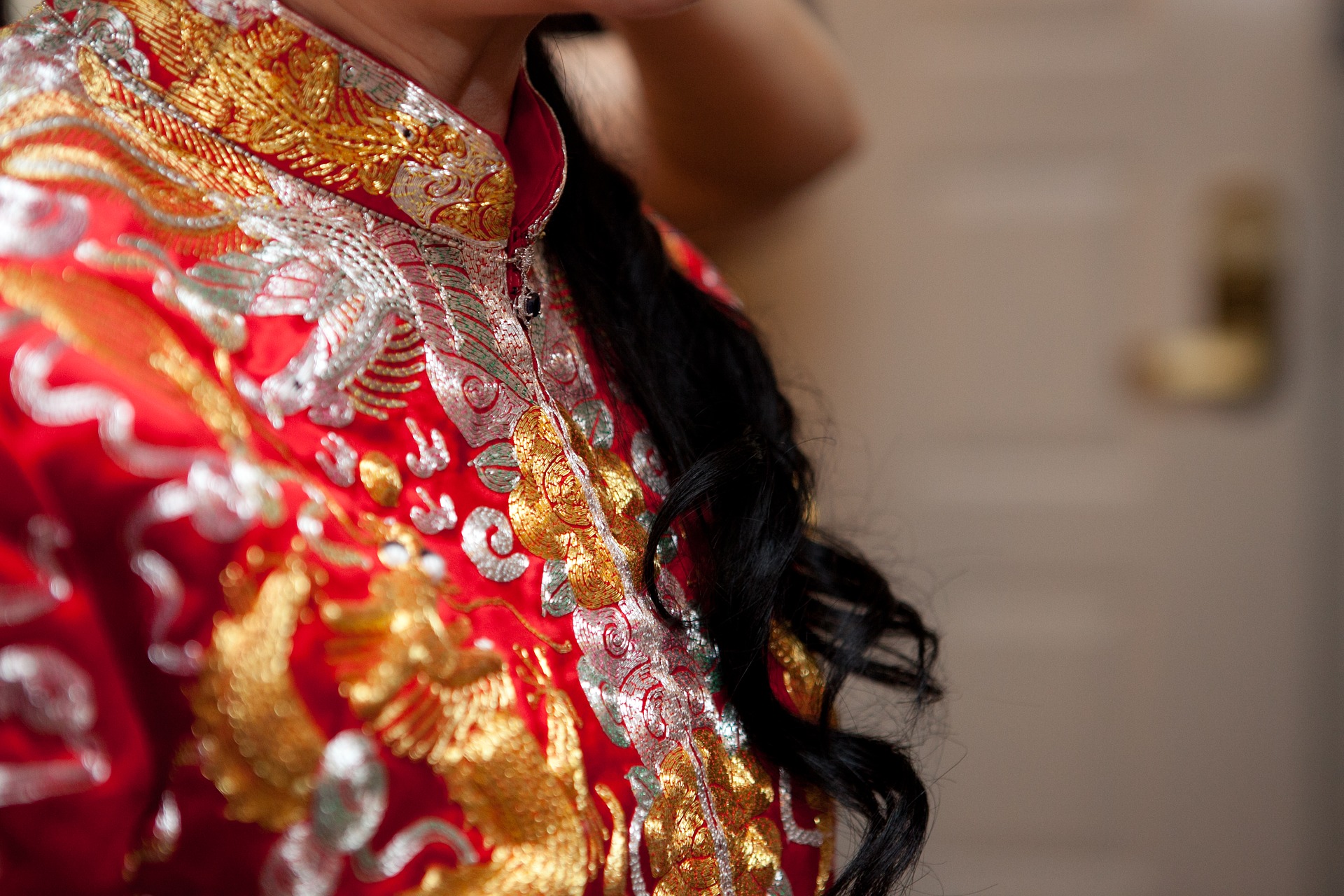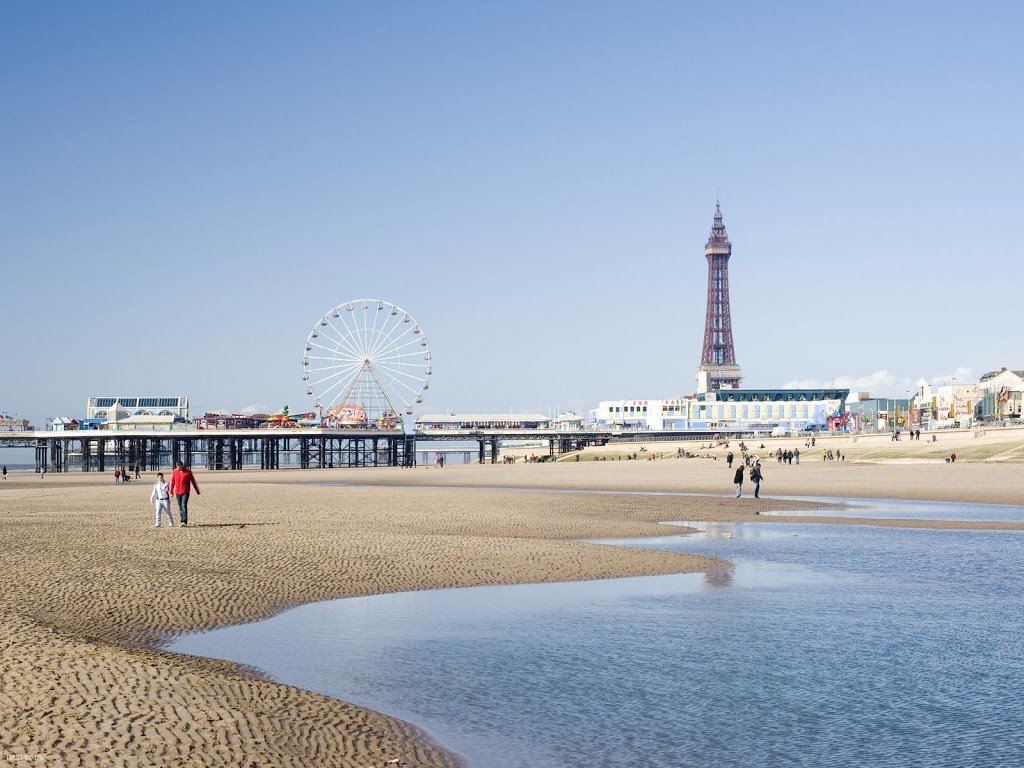
Kitsch Culture – Nobody Does it Better Than Here*
When it comes to kitsch – nobody does it better than the British. Things pretty quickly get so far out they’re back in style. We get to love the things we used to deride and there’s a gradual dawning consciousness amongst the bulk of the population as to exactly why we suddenly “now” like something.
Kitsch isn’t something that’s easy to define, though. It’s far easier to “feel” it. So let’s take a look at a few examples of life where you can see kitsch in action still today…
The most kitsch seaside resort
For example, millions of people make their way to Blackpool every year. This is the king of the kitsch British seaside resorts. And there are two distinct groups of people coming here; one is the group of people who simply think the resort is great fun – which it is. They go up the well-known Blackpool Tower (where there’s a ballroom on top), go on all the rides on the famous Blackpool Pleasure Beach and, if they’re extremely lucky, soak in a little sunshine on the each whilst the kids ride the famous Blackpool donkeys.
 |
| Credit |
The second group comes here to appreciate the resort’s “ironic” nature. Blackpool has to be seen to be believed at the height of summer – and this is one cultural experience you aren’t likely to forget in a hurry if you’ve never experienced it before. All the old clichés about beer and chips on the prom, terrible guesthouses, ample young ladies in revealing clothing, kiss-me-quick hats and the obligatory stick of Blackpool rock are absolutely true.
This is not, you understand, to poke fun in any way at the resort – that would be a misunderstanding of the nature of kitsch. Instead, it’s to look at a slice of life that leaves you agape at the choices we homo-sapiens make sometimes. But also, it’s a part of life that is fast disappearing from our shores – so is to some extent a last living glimpse into our recent past. But this cultural recent history stuff has to be kitsch to be real fun.
The notion of kitsch, it is said, came out of a desire of modern artists not be kitsch at all costs. But then came a deeper understanding that kitsch endures; we love it for what it is. So in the same way you may love to go and see an Elvis impersonator in a night club, or be tempted to buy a model of a twee country chocolate box cottage in a gift shop – or a set of One Direction dolls or whatever – kitsch is better when it has a humorous and fun element to it.
The world of darts
You see a lot of kitsch in certain British sports and pastimes too. For example, at the time of writing, the PDC World Darts Championship is in full-flow at the Alexandra Palace – better known to darts fans as the “Ally Pally” – in London. Now if you’re looking for a little British working class kitsch this is really where it’s at. These days, of course, the venue is completely smoke free and the players aren’t drinking pints and smoking whilst they play as they used to in the old days. But if you want to see a huge group pf people simply having a lot of fun (and usually quite a few drinks) whilst watching their chosen “sport” then this is really where it’s at.
The players, almost all of whom are very “amply” built, enter the arena to huge welcomes with a young lady model clad in skimpy clothes at either side of them, and with their chosen theme song blaring out. The fans, meanwhile, are going mad cheering their favourite players on as they take the stage in what looks like it’s a build up to a boxing match rather than a game of darts. The players all have great nicknames too like the best player of all time, Phil “The Power” Taylor etc., or reigning champion Michael van Gerwen, aka “Mighty Mike” (officially) or “the Gherkin” (unofficially!).
The crowd are almost all in fancy dress, the compere shouting out the scores sounds suitably rugged cockney and not a little hoarse – and the whole thing just has a certain feel to it that you don’t get anywhere else. But here’s the thing; whilst it may be derided by the middle classes – the people at the Ally Pally are all having an enormous amount of fun; seeing is believing. And what is this life about if you can’t have unadulterated pure fun when you get the chance to?
Betting on darts is also very big business, of course, which brings us neatly to one area of kitsch British working class life that is still with us – but not quite as it used to be. And this happened so recently that it warrants special mention; the bookmaker’s shop.
The Bookmaker’s Shop
Walk down any UK high street and, to this day, you’ll still see quite a number of bookmakers’ shops. This is almost unique to the UK- you simply don’t get this in other countries because bookies are either illegal or they can only operate in certain places.
But the bookmakers’ shops you see today have changed immeasurably thanks to three main causes in relatively recent history. These are the relaxation of the rules governing what the shops could do, the advent of the internet (which is the real big factor here) and the smoking ban.
But before we look at these factors, let’s take you back just 29 years. Bookmakers’ shops had first been made legal in the UK in 1961 but it wasn’t until 1986 that they were allowed to have things like comfortable seating, drinks, and even moving images of the races. So between 1961 and 1986, bookmakers’ shops were a small world of their own. They were always smoke-filled and had copies of newspapers pinned up around the walls with the day’s racing on. There was one small “Extel” commentary box via which all the information was relayed about the days racing and betting in a curiously deadpan and staccato burst style.
There was absolutely no excitement and the people within (almost invariably men) would stand staring at the box bringing the boring commentaries and/ or at the mark-up man who stood in front of a board all afternoon marking up the day’s results and odds etc.
This all began to change in 1986, but then the dawn of the internet rendered bookies’ shops obsolete for many punters. The 2007 UK smoking ban cleared the air at least, but the bookies of today are shadows of their former selves – thinly populated by a few people playing the controversial fixed odds gambling machines and watching sports on multi-screen continually, alongside virtual greyhound and dog racing. But the shops today are a very different world from what they were just a few years ago. There are echoes of the past though – and they’re still worth poking your head around the door for a last lingering flavour of how they used to be.
The Great British Bingo hall
Last but not least – one of the other last bastions of working class kitsch in the UK is the bingo hall – found mainly in the northern cities and seaside resorts all around the UK. Go to one while you still can before they die out completely – and listen to the crowd haranguing the bingo master and his witty calls in a way that will put you right back in the 1950s or 1960s – but again, without the pall of smoke hanging over the auditorium; well, you can’t have everything!
